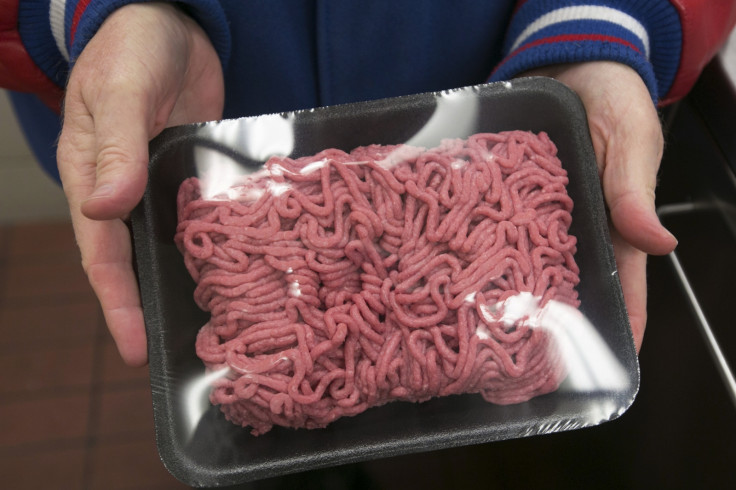Slashing beef intake by half key to meeting climate targets, say scientists

Reducing beef consumption by almost half can help the planet from warming up, suggests a new study by Swedish climate scientists. The study highlights how food-related green house gas emissions may be reduced to meet the EU climate target to limit global warming to 2C by 2050.
Scientists argue that a 2C rise in temperature above pre-industrial levels would lead to irreversible catastrophic events affecting food production, water supply and the ecosystem.
The new study claims that the climate targets cannot be achieved solely by what appears to be "bigger" sources of carbon dioxide (CO2) emissions such as fossil fuel use and deforestation. Experts suggest cutting down emission from beef and dairy consumption.
"Large reductions, by 50% or more, in ruminant meat (beef and mutton) consumption are, most likely, unavoidable if the EU targets are to be met," researchers at the Chalmers University of Technology and SP Food and Bioscience in Gothenburg, Sweden, noted in their study published in the February 2016 issue of the journal, Food Policy.
"Ruminant meat causes particularly high emissions, far higher than most other types of food. Consequently, dietary change holds a large theoretical mitigation potential, which has been shown in several studies," the researchers added.
Meat, beef and livestock are said to spew more methane (CH4) and nitrous oxide (N2O) into the atmosphere than either transportation or industry. In addition, dairy products are also not compatible with the EU climate target as there are no substantial advances in technology, according to the study.
Experts suggest that deeper emission cuts are possible with advancement in technology in agriculture together with change in diets.
"Technological advancements, in agricultural productivity and specific mitigation technologies, can play a major role and could under optimistic assumptions cut CH4 and N2O emissions by nearly 50% in 2050," researchers said.
"However, since these emissions may need to be reduced to about 500 kg CO2-eq per capita per year, or less, to meet the climate targets, technological options alone are very unlikely to be sufficient, and changes in diets towards low-emitting food will almost certainly be necessary," they added.
But in contrast to eating less beef, researchers said that there was no need to give up pork and poultry meat to meet the targets as these "might be accommodated within the climate targets".
© Copyright IBTimes 2025. All rights reserved.






















